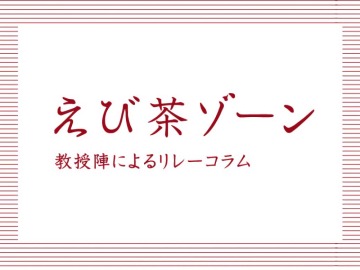
In "Drinking Songs of the Eight Immortals," Du Fu of the Tang Dynasty wrote, "When Li Bai drank one dou of sake (one dou in the Tang Dynasty was about 6 liters), he composed 100 poems" ("One Hundred Poems of Li Bai"), and there are many descriptions in Chinese poetry (classical Chinese poetry) of people drinking generously, stacking cups of sake. On the other hand, Bai Juyi of the same Tang Dynasty wrote, "One cup after another, no more than three or four, until I found a peaceful moment in my heart and completely forgot about everything else" ("Tao Qian's Poems That Benefit the Body"), and he found pleasure in drinking even a small amount of alcohol. Even in Chinese poetry, where alcohol is often sung about, the amount of alcohol consumed varied depending on the poet.
Even though we are in a different time and place, we can understand the amount of alcohol and the state of drinking through the poet's "expression," and share their various thoughts about alcohol. Needless to say, this understanding and sharing is not necessarily based on the reader's actual experience.
Currently, in Japan, drinking alcohol under the age of 20 is prohibited by law, and universities expect students to abide by this law. The term "alcohol-hara" has long been accepted in society. However, alcohol itself is not evil. It is the people who handle it who are at fault.
Just as people can enjoy literature that sings of alcohol, they should also be able to fully imagine the sadness and indignation that follows such incidents and accidents. I cannot help but feel this strongly, especially now, when alcohol-related incidents and accidents continue to occur, including at our university, despite stricter laws, rules, and societal scrutiny.
(K)
1176th

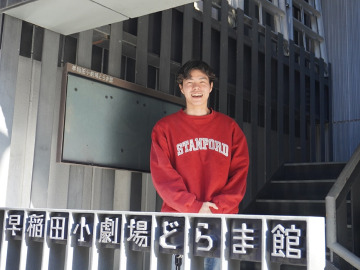
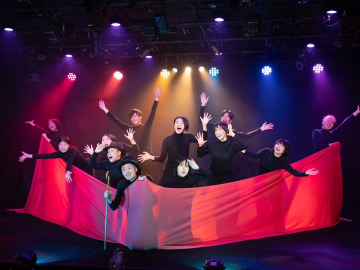
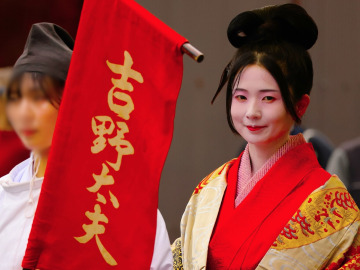
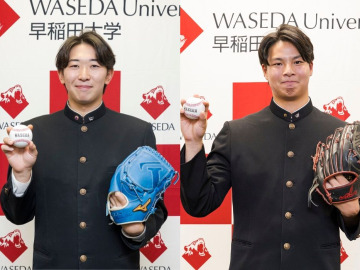

![[Save version] Map of the four main campuses](https://www.waseda.jp/inst/weekly/assets/uploads/2025/09/17cb2975123fc5103172ef60bd98608d-610x458.jpg)

